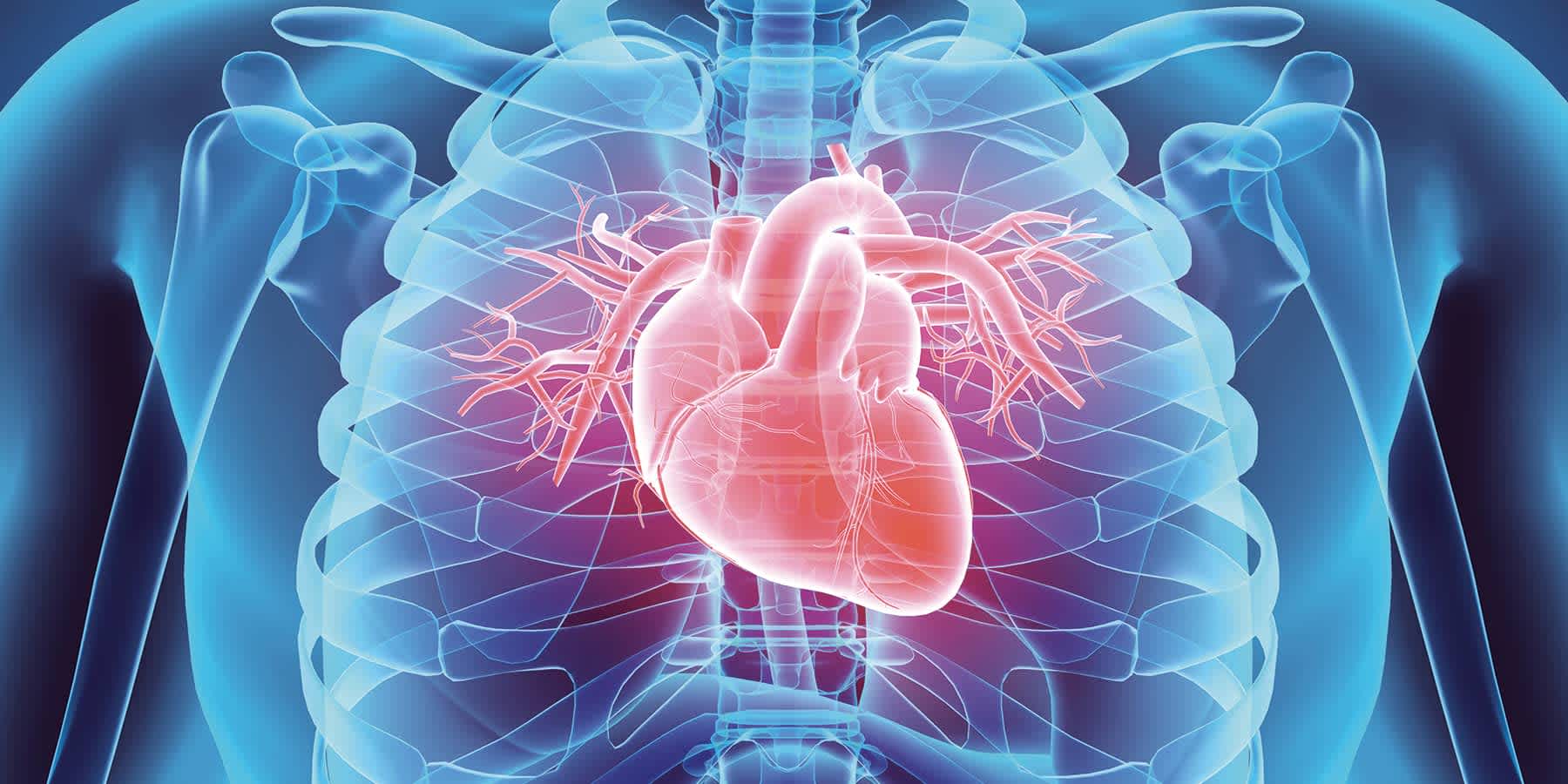Recent findings presented at the American Heart Association’s scientific sessions in Chicago have cast doubt on the presumed cardiovascular benefits of intermittent fasting. Contrary to past research suggesting positive outcomes, an analysis conducted by researchers from Shanghai Jiao Tong University School of Medicine reveals a potential link between time-restricted eating and increased risk of cardiovascular disease-related mortality.
Examining data from the Centers for Disease Control and Prevention’s National Health and Nutrition Examination Survey spanning 2003 to 2018, the study focused on the eating patterns of approximately 20,000 adults. Participants who restricted their food intake to less than eight hours per day exhibited a staggering 91% higher risk of dying from cardiovascular disease over a median period of eight years compared to those with a broader eating window of 12 to 16 hours.
While intermittent fasting, including time-restricted eating, has garnered attention for its purported weight loss and cardiometabolic benefits, the study’s co-author, Victor Wenze Zhong, advises caution. He emphasizes that while short-term intermittent fasting may yield positive outcomes in weight reduction and cardiometabolic health, prolonged adherence to such regimens could be cause for concern.
Zhong underscores the need for further research before making definitive recommendations regarding intermittent fasting. Various intermittent fasting protocols exist, ranging from daily time-restricted eating windows to periodic calorie restriction, such as the “5:2 diet.” These regimens aim to promote calorie reduction and potentially induce metabolic benefits, but the long-term implications, as highlighted by this analysis, warrant careful consideration.
As the debate surrounding intermittent fasting’s efficacy continues, it is evident that more comprehensive studies are necessary to elucidate its impact on cardiovascular health and overall well-being. Until then, individuals embarking on intermittent fasting should approach these dietary patterns with mindfulness and seek guidance from healthcare professionals to ensure personalized and sustainable practices.






